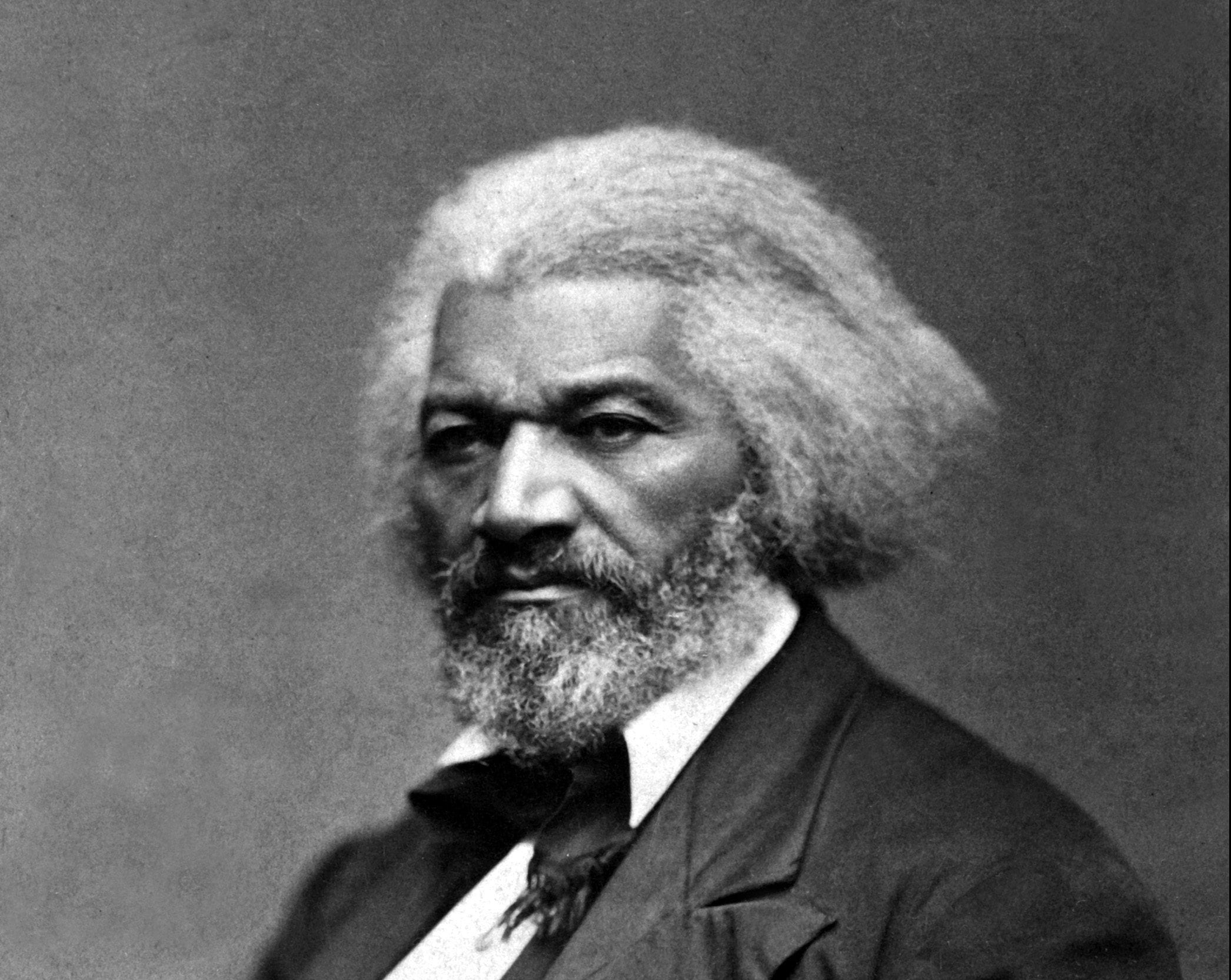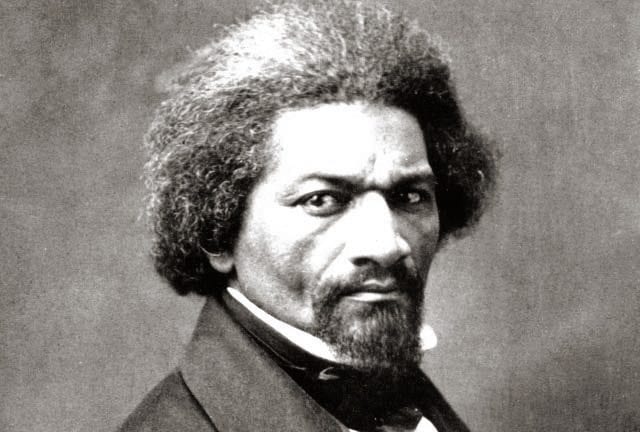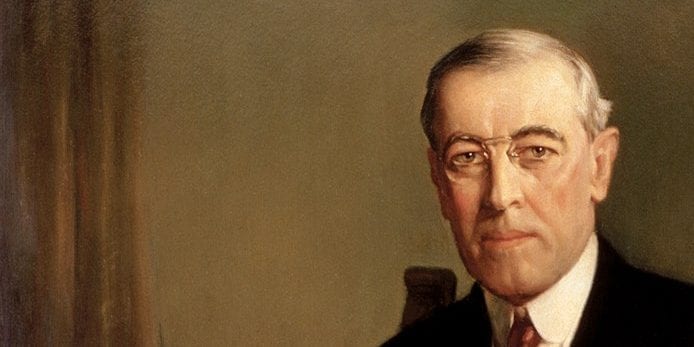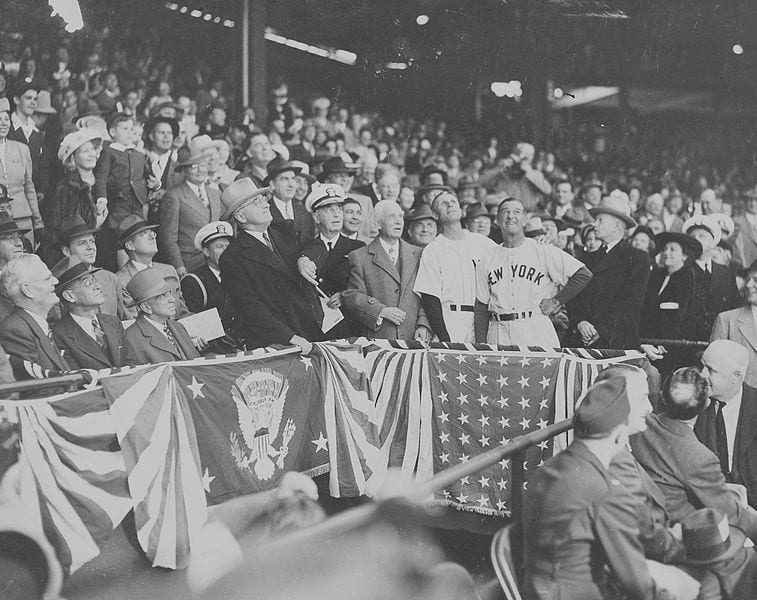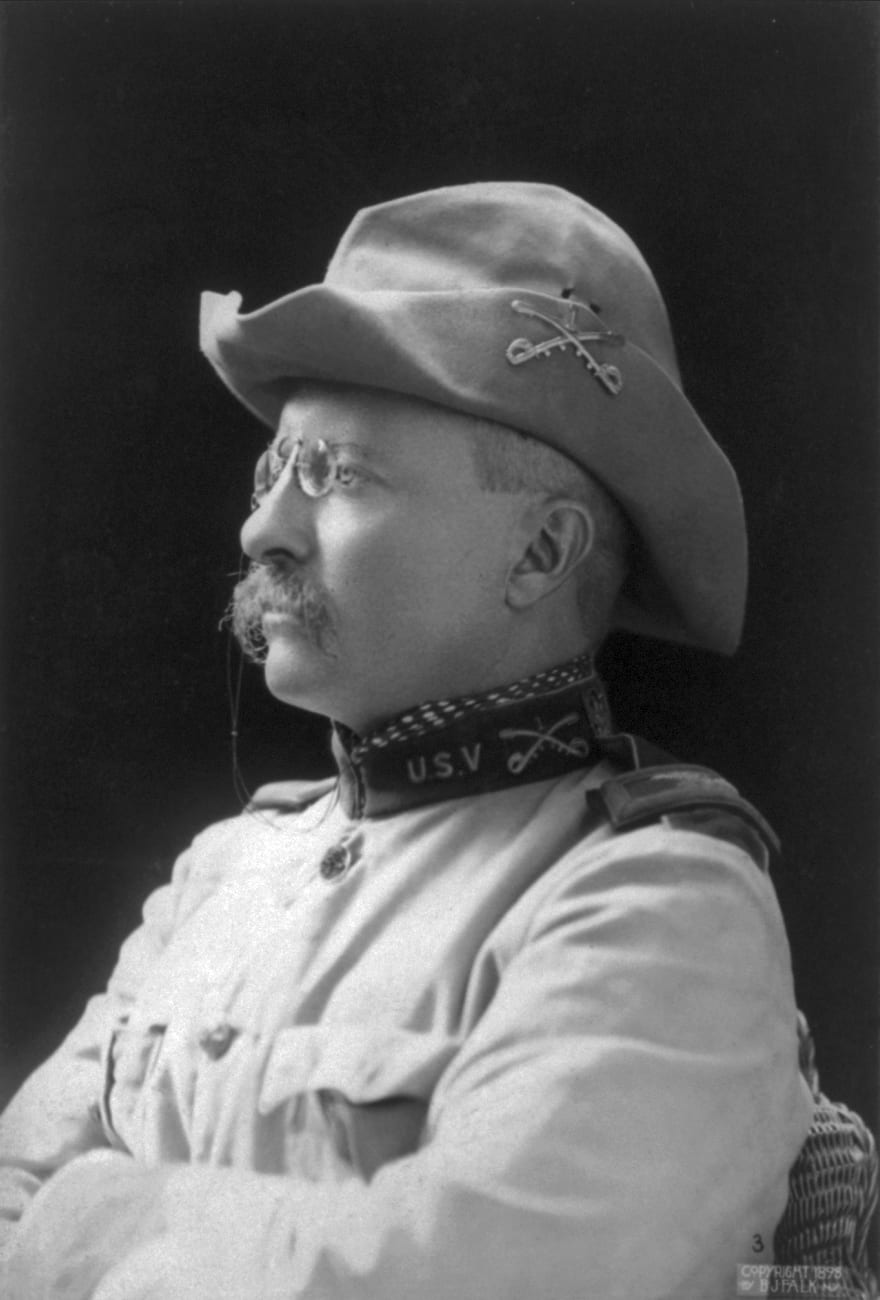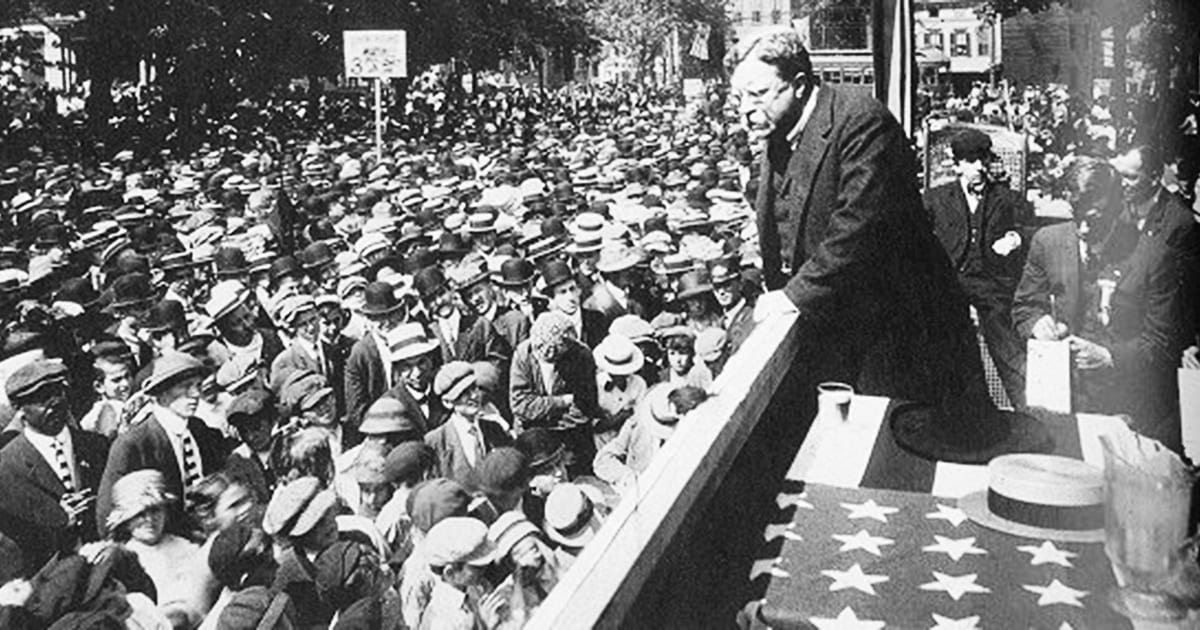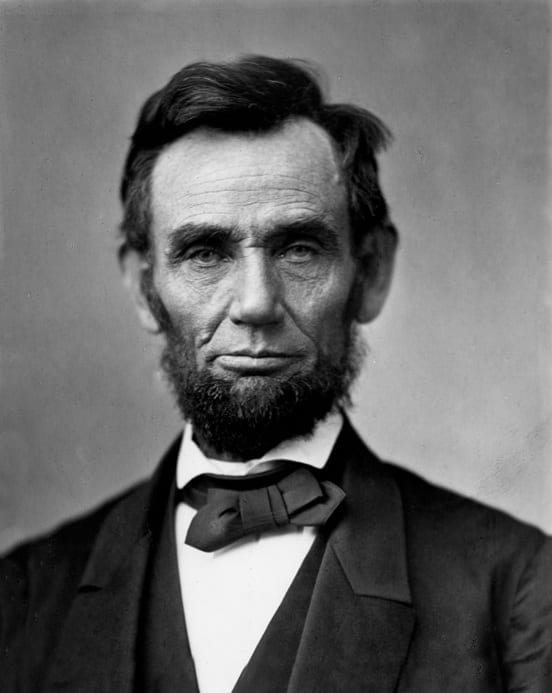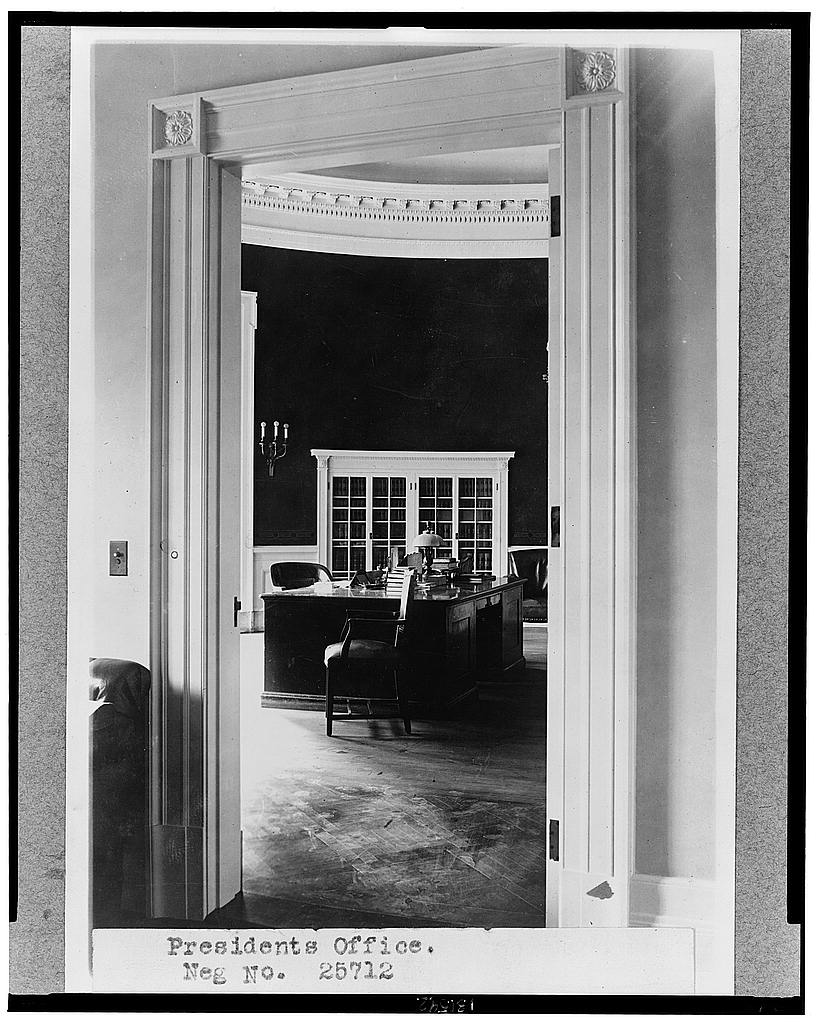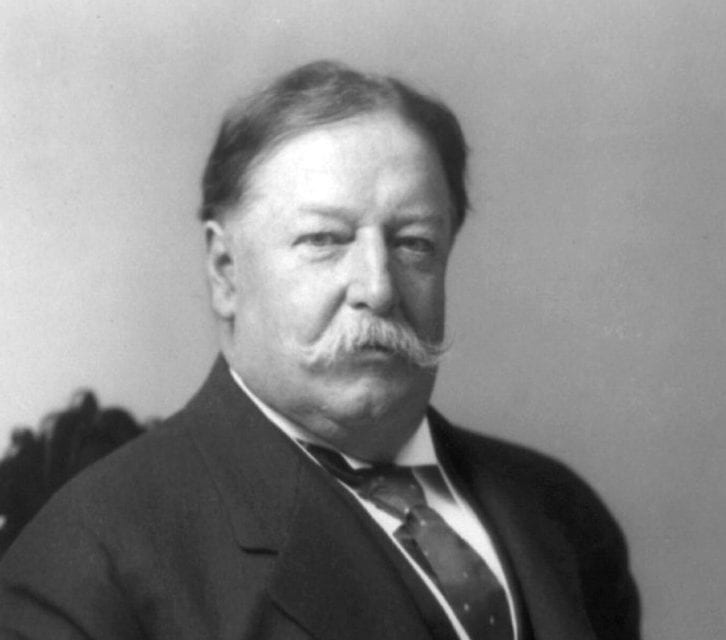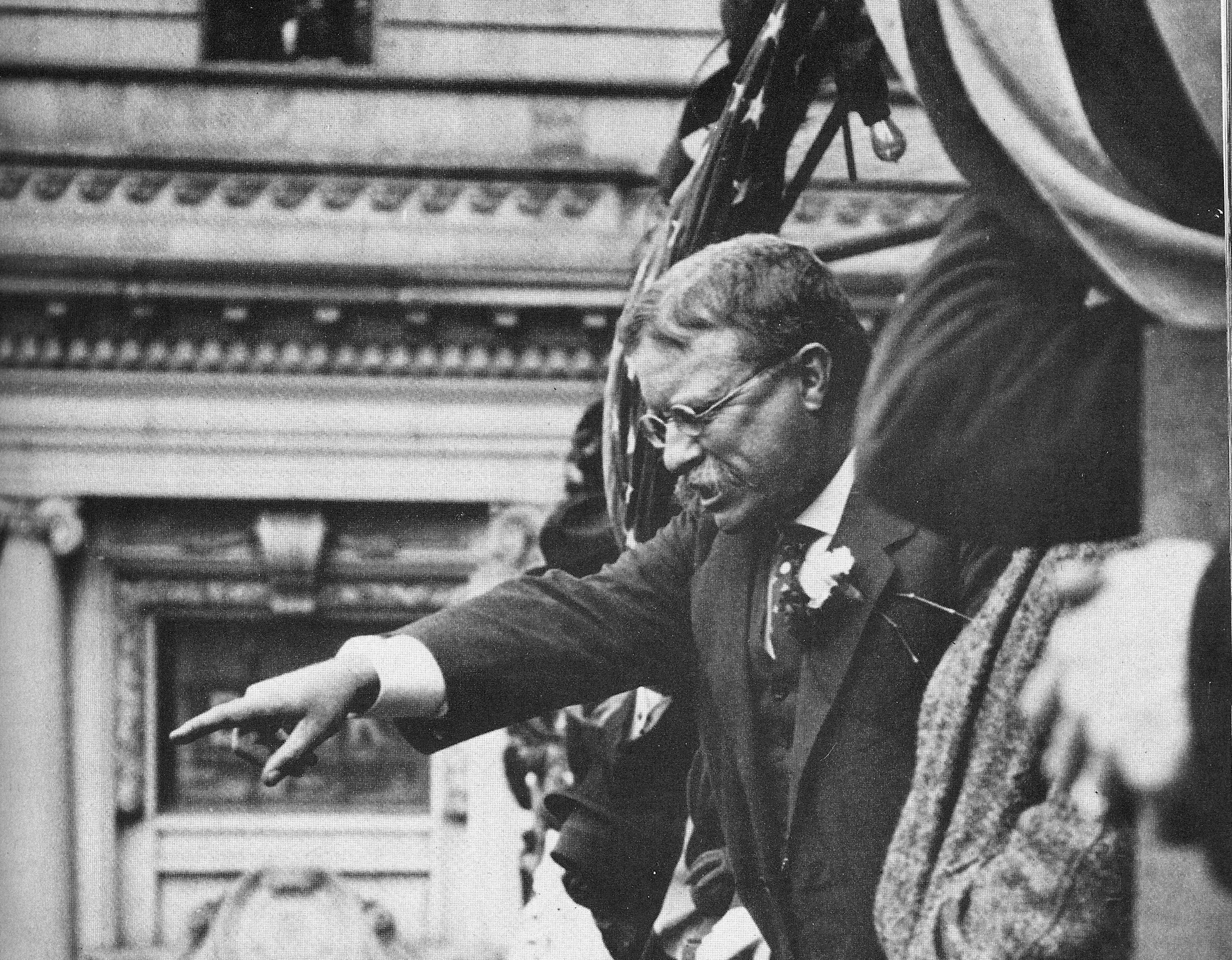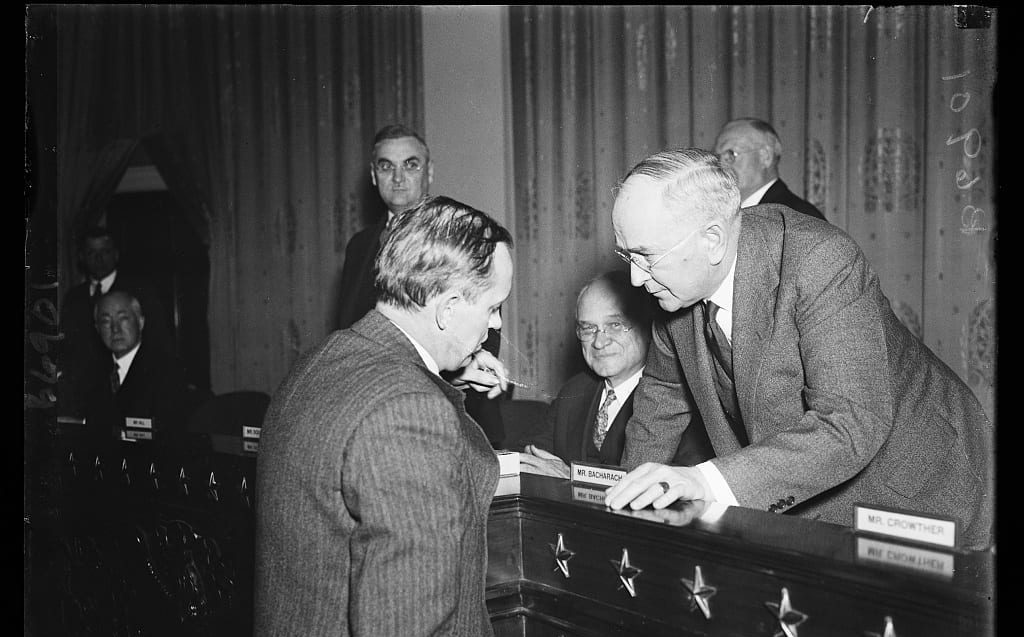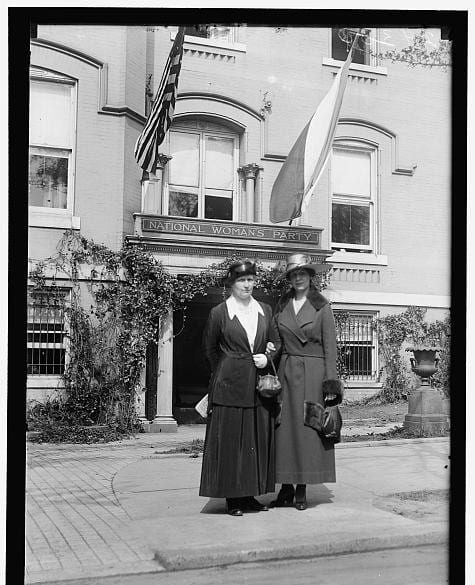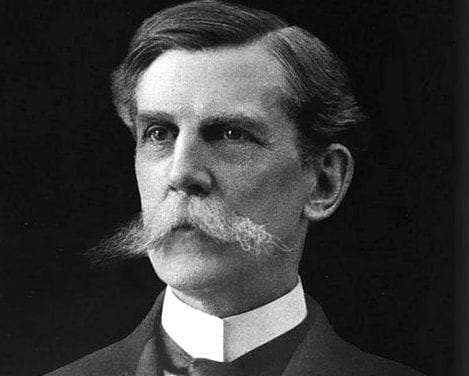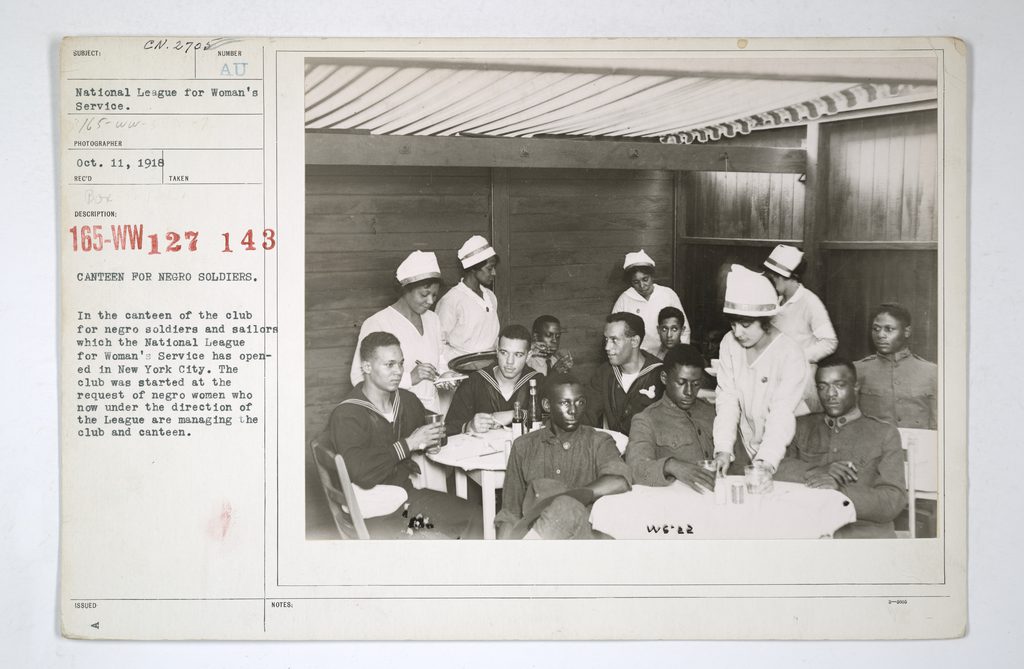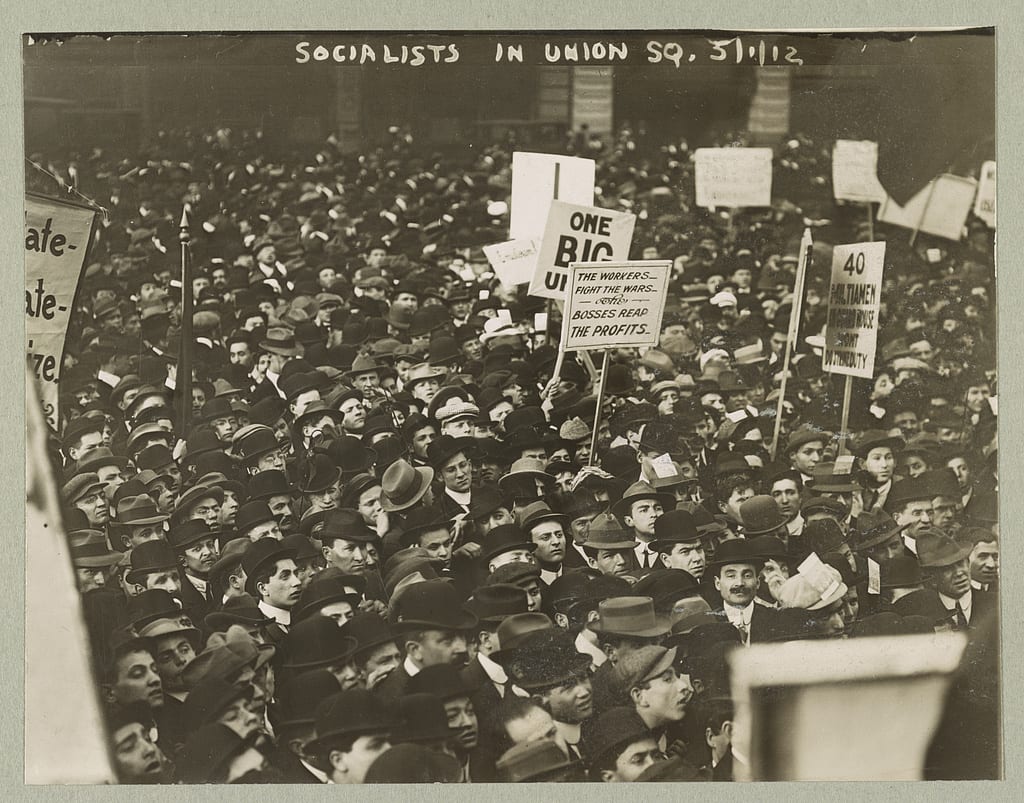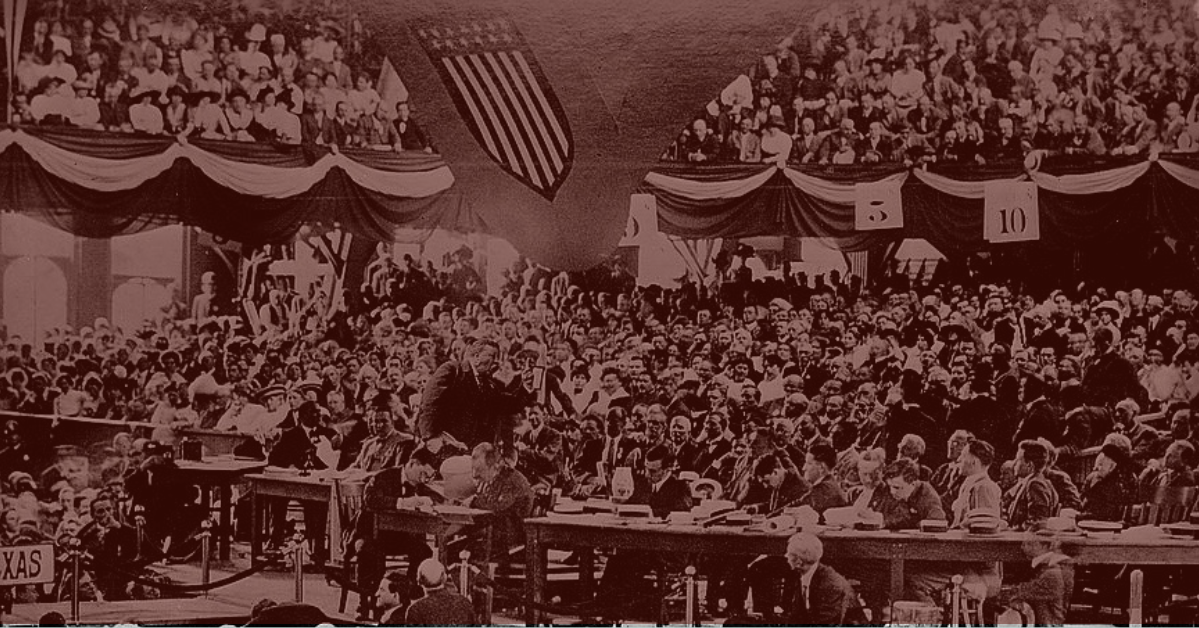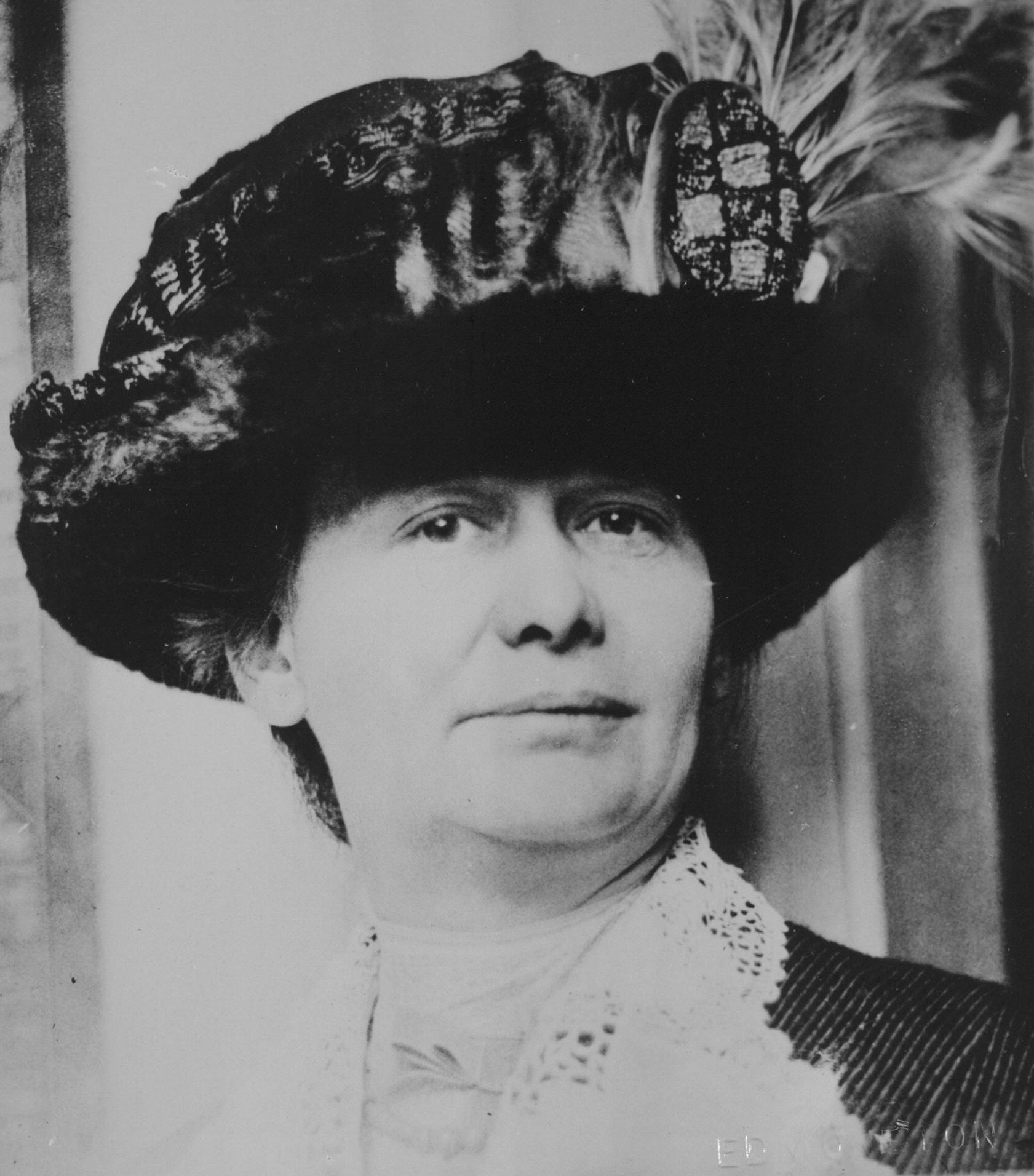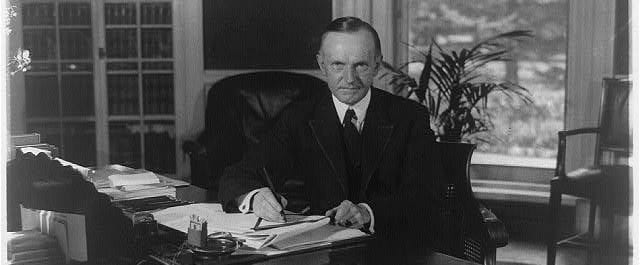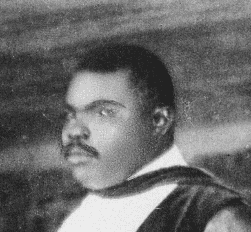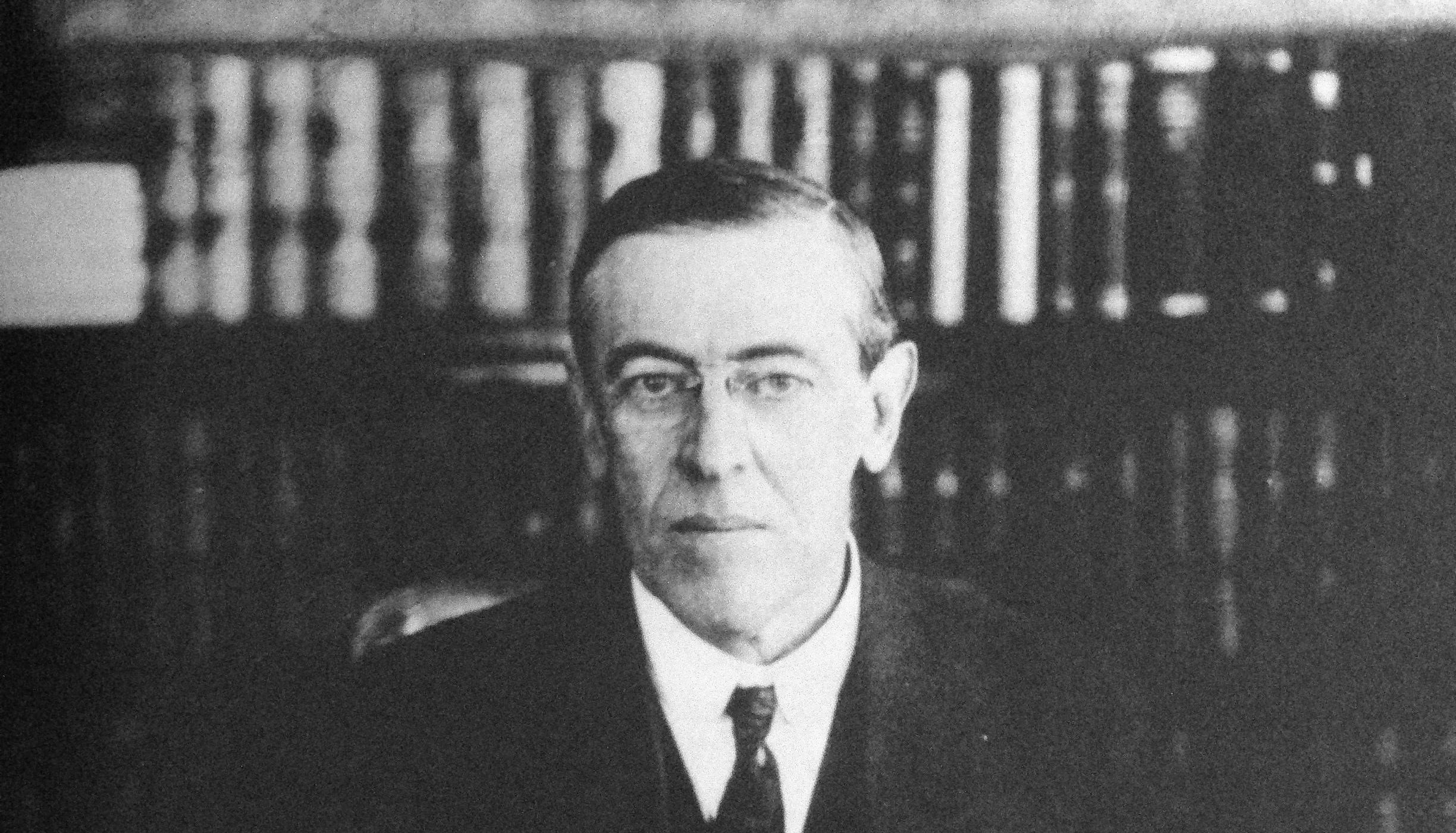
Introduction
As a result of its victory in the Spanish-American War (1898), the United States gained control of a number of former Spanish territories, principally Cuba and the Philippines. How to deal with these acquisitions immediately became a disputed issue. As the sermon by Henry Van Dyke and the speech by Senator Albert Beveridge show, the debate addressed long-standing, controversial and important questions, several of which had figured prominently in the crisis of the Civil War, a living and painful memory for Americans in the late nineteenth century. What authority over territories does the Constitution grant the federal government? What does the self-evident truth of equality proclaimed in the Declaration of Independence mean morally and politically? How should it guide the actions of the American government and people? Does it establish obligations between Americans and other peoples?
Despite their disagreement over what to do with the Philippines and the consequences of that decision for America and its people, Van Dyke and Beveridge agreed on several points. Both believed in progress and that America was a progressive nation. Both believed that there were races inferior to Americans or, more specifically, to the Anglo-Saxons whose ancestors they credited with developing the political ideals that informed the American Founding. Both saw America as a Christian nation carrying out God’s plan. (Such attitudes remained part of the way Americans thought about foreign affairs in the decades following the Spanish American War. See .) These shared views, distinctive of the movement we call Progressivism (Beveridge was a leading Progressive), make their disagreement over the Philippines all the more instructive. Above all, their common appeal to but disagreement about the Declaration and the Constitution – above all the Declaration – deserves careful attention.
Henry Van Dyke, The American Birthright and the Philippine Pottage, a Sermon Preached on Thanksgiving Day by the Pastor of the Brick Church in New York City, 1898 (New York: Charles Scribner’s Sons, N.D.). The text is available at https://goo.gl/YJ4JJM
A Word of Explanation To the Hasty Reader
Please do not mistake the purpose of this sermon. . . .
The sermon is against the assumption that the only way to meet our responsibilities is to annex the Philippine Islands as a permanent portion of our national domain.
It is against the abandonment of the American ideal of national growth for the European ideal of colonial conquest.
It is against the theory that it is our duty to take a share in the forcible division of the territories of the Eastern peoples, instead of using our influence for their protection and their native growth into free and intelligent States like Japan.
It is against the extension of the American frontier, by the sword, to the China Sea.
It is dead against imperialism.
It is in favor of republicanism as held and taught by the authors of the Declaration of Independence. . . .
Hebrews 12:16. “Esau, who for one morsel of meat sold his birthright.”
This is the most important Thanksgiving Day that has been celebrated by the present generation of Americans. Three and thirty years have rolled away since we gave thanks for the ending of the Civil War. Never since that time has our national religious festival been observed under such brilliant sunlight of prosperity or with such portentous clouds of danger massed along the horizon.
It is a significant Thanksgiving because we have extraordinary causes for national gratitude. The first and greatest of these causes is the superabundant harvest with which, for the second year in succession, God has rewarded the patient toilers who are the strength and pride of our country. . . .
The second cause for gratitude to-day is the new evidence that we have received of the union of the whole American people in loyalty and patriotism. The gaping wounds left by the Civil War have closed. . . .
The third cause for gratitude is the renewal of cordial amity between the two leading nations of the world – Great Britain and the United States. . . .
The fourth cause for thanksgiving to-day is the signal victory that has been granted to our country’s arms in a war undertaken for the destruction of the ancient Spanish tyranny in the Western Hemisphere and the liberation of the oppressed people of Cuba. How reluctantly the American people took up the cross of war after thirty-three years of peace none can know except those who have read the peace-loving heart of the great silent classes, the happy, industrious, prosperous classes, of our country. The call of humanity was the only summons that could have roused them; the cause of liberty was the only cause for which they would have fought. No party, no administration could have received the loyal support of the whole people unless it had written on its banner the splendid motto: “Not for gain, not for territory, but for freedom and human brotherhood!” That avowal alone made the war possible and successful. For that cause alone Christians could pray with a sincere heart, and mothers give their sons to death by slaughter or disease, and lovers of liberty take up the unselfish sword. . . . [P]roud and glad of all that American soldiers and sailors have done this year in the cause of liberty, we present our offerings upon the solemn altar of gratitude. For the Divine guidance and protection, without which a victory so complete and swift, even over an inferior foe, could never have been won, let us give most humble and hearty thanks.
But this Thanksgiving Day is not significant alone in its causes for gratitude. It is an important day, a marked day, an immensely serious day because it finds us, suddenly and without preparation, face to face with the most momentous and far-reaching problem of our national history. . . . Can we fix the hanging periods?
Are the United States to continue as a peaceful republic, or are they to become a conquering empire? Is the result of the war with Spain to be the banishment of European tyranny from the Western Hemisphere, or is it to be the entanglement of the Western republic in the rivalries of European kingdoms? Have we set the Cubans free, or have we lost our own faith in freedom? Are we still loyal to the principles of our forefathers, as expressed in the Declaration of Independence, or are we now ready to sell the American birthright for a mess of pottage in the Philippines? . . .
. . . There is an old-fashioned document called the American Constitution which was expressly constructed to discourage the unconscious humor of such sudden changes. Before the die is cast the people must be taken fairly into the game; before the result is irrevocable the Supreme Court must pass upon the rules and the play. The question whether the American birthright is to be bartered for the Philippine pottage is still open. A brief, preliminary discussion of this question will not be out of place this morning. . . .
The proposal to annex, by force, or purchase, or forcible purchase, these distant, unwilling and semi-barbarous islands is hailed as a new and glorious departure in American history. A new word – imperialism – has been coined to define it. It is frankly confessed that it involves a departure from ancient traditions; it is openly boasted that it leaves the counsels of Washington and Jefferson far behind us forever. Because of this novelty, because of this separation from what we once counted a most precious heritage, I venture to ask whether this bargain offers any fit compensation for the loss of our American birthright?
I. Let us consider the arguments in favor of it. They may be summed up under three heads: the argument from duty, the argument from destiny, and the argument from desperation.
1. The argument from duty comes first because it is the strongest with honest and conscientious men. Undoubtedly we have incurred responsibilities by the late war, and we must meet them in a manly spirit; but certainly these responsibilities are not unlimited. They are bounded on one side by our rights. The very question at issue is whether we have a right to deny the principles of our constitution by conquering unwilling subjects and annexing tributary colonies to our domain. On the other side our responsibilities are bounded by our abilities. It is never a duty to attempt a task which there is no prospect of performing with real usefulness. We surely owe the Filipinos the very best we can give them consistently with our other responsibilities; but it is far from being certain that the best thing we can do for them is to make them our vassals. If that were true our whole duty would not be done, the humane results of the war would not be completed, until we had annexed the misgoverned Spaniards of Spain also. No argument drawn from our duty to an oppressed and suffering race can be applied to the conquest of the Philippine Islands which does not apply with equal and even with greater force to the conquest of the Iberian Peninsula.
2. The argument from destiny is not an argument; it is a phrase. It takes for granted all that is in dispute; it clothes itself in glittering rainbows and introduces the question of debate in the disguise of a fact accomplished. “Yesterday,” says a brilliant orator, “there were four great nations ruling the world and dividing up the territories of barbarous tribes – Great Britain, Russia, France and Germany – to-day there are five, for America has entered the arena of colonial conquest.” But how came the great republic in that strange co-partnership? By what device was she led blindfold into that curious company? What does she there? What must she forfeit to obtain her share in the partition of spoils? That is the question. To talk of destiny is not to discuss, but to dodge, the point at issue.
3. The argument from desperation directly contradicts the argument from destiny. It presents the annexation of the Philippines, not as a glorious accomplishment, but as a hard necessity. We must do it because there is nothing else that we can do. A speaker less brilliant than the orator of the five nations, but more cautious, puts the case in a sentence: “We have got a wolf by the ears and we can’t let go.”1
The answer to this is simple. We have not got the wolf at present, though we are trying our best to get hold of him. It is absurd to say that the only way for us to get out of our difficulties is to go into the enterprise of wolf-keeping. Nothing has yet been said or done which binds us to take permanent possession of these islands. Granting that the Philippines need a strong hand to set them in order, it has not been shown that ours is the only hand, nor that we must do it all alone. A protectorate for a limited time and with the purpose of building up a firm self-government would be one of the possible solutions of the difficulty. To pass this by and say that our only resort is to assume sovereignty of these yet unconquered islands is merely to beg the question.
No, these contradictory arguments from duty and destiny and despair do not touch the real spring of the movement for colonial expansion. It is the prospect of profit that makes those distant islands gleam before our fancy as desirable acquisitions. The argument drawn from the supposed need of creating and fortifying new outlets for our trade has the most practical force. It is the unconscious desire of rivaling England in her colonial wealth and power that allures us to the untried path of conquest; and this in spite of the fact that during the last seven years, England, with all her colonies, has lost five per cent of her export trade, while the United States, without colonies, have gained eighteen per cent. It is a secret discontent with the part of a peaceful, industrious, self-contained nation that urges us to take an armed hand in the partition of the East and exchange our birthright for a mess of pottage.
II. Let us weigh the arguments against such a course.
1. It is contrary to the Constitution of the United States as interpreted by the Supreme Court. The authority of that magnificent tribunal in which the Anglo-Saxon ideal of the supremacy of law is forever embodied, more clearly and powerfully than in any other human institution, is clearly against the legitimacy of a policy of colonial expansion for this republic as now constituted. “There is certainly no power given by the constitution to the federal government to establish or maintain colonies bordering on the United States or at a distance, to be ruled and governed at its own pleasure. . . . No power is given to acquire a territory to be held and governed permanently in that character. . . .”2
2. Every following step in the career of colonial imperialism will bring us into conflict with our own institutions and necessitate constitutional change or insure practical failure. Our Government, with its checks and balances, with its prudent and conservative divisions of power, is the best in the world for peace and self-defense; but the worst in the world for what the President called, a few months ago, “criminal aggression.”3 We cannot compete with monarchies and empires in the game of land-grabbing and vassal ruling. We have not the machinery; and we cannot get it, except by breaking up our present system of government and building a new fabric out of the pieces. Republics have not been successful as rulers of colonies. When they have entered that career they have changed quickly into monarchies or empires. The supposed analogy between England and America is a fatal illusion. British institutions are founded, as Gladstone4 has said, on the doctrine of inequality; American institutions are founded on the doctrine of equality. If we become a colonizing power we must abandon our institutions or be paralyzed by them. The swiftness of action, the secrecy, not to say slipperiness of policy, and the absolutism of control which are essential to success in territorial conquest and dominion are inconsistent with republicanism as America has interpreted it. Imperialism and democracy, militarism and self-government are contradictory terms. A government of the people, by the people, for the people is impregnable for defense, but impotent for conquest. When imperialism comes in at the door democracy flies out at the window. An imperialistic democracy is an impossible hybrid; we might as well speak of an atheistic religion, or a white blackness. To enter upon a career of colonial expansion with our present institutions is to court failure or to prepare for silent revolution.
3. There is an equally serious objection to the attempt to launch the United States upon the business of acquiring vassal colonies and governing distant and inferior races, in the poor outfit of our people for such a task.
It is said that we must begin or we shall never learn; the trouble is that we have already begun, but we have not learned. I am not speaking now in the spirit of pessimism or despair of the American people. No man could have a more profound confidence in their native ability, their fundamental integrity, and their ultimate common sense. It is to this common sense that I would appeal for a candid judgment of our preparation for an imperial career at the present moment.
Let us be on our guard against the flattering comparison with England. The English people have a natural genius for governing inferior races – a steady head, an inflexible hand, and a superb self-confidence. What proof have we given of any such extraordinary genius in our dealing with inferior races? Does the comparison of the treatment of the Indians in Canada and in the United States give us a comfortable sense of pride? Is the condition of drunken and disorderly Alaska a just encouragement to larger enterprises? Is our success in treating the Chinese problem and the Negro problem so notorious that we must attempt to repeat it on a magnified scale eight thousand miles away? The rifle-shots that ring from Illinois and the Carolinas,5 announcing a bloody skirmish of races in the very heart of the republic – are these the joyous salutes that herald our advance to rule eight millions more of black and yellow people in the islands of the Pacific Ocean?
England has a magnificent Civil Service at the foundation of her colonial empire. What have we? A recently unstarched Civil Service in New York, a Civil Service in Washington which is threatened with a new and serious crippling, and a persistent endemic of boss-rule all over the country. These things are not good guarantees that we shall send our best, our cleanest, our most educated young men to fill the offices in our distant colonies. And even if we could be sure that such men would be sent, they are more needed at home than they are abroad. We have no such domestic surplus of men and deficit of work as England has. Her tiny territory and immense population mark her necessity, even as our immense territory, not yet fully peopled nor wisely ruled, marks ours. For a country in our position to set out upon the adventure of colonial conquest promises discredit to ourselves and discomfort to our vassals. With our unsolved problems staring us in the face, our cities misgoverned and our territories neglected, the cry of to-day – not the cry of despair, but the cry of hope and courage – must be “Americans for America!”
4. Another weighty argument against the annexation of the Philippines is the frightful burden which it will almost certainly impose upon the people.
First, a burden of military service. . . . [T]he ranks must be kept full; and if Americans do not thirst for garrison duty in the tropics they must be compelled or bought to serve. On the one hand we see a system of conscription like that of Germany, where every man-child is born with a soldier’s collar around his neck; on the other hand, we see an enormous drain upon the earnings of the people, like England’s annual budget of $203,000,000 for the army and navy.
Second, a burden of heavy taxation. . . .
Third, a burden of interminable and bloody strife. Expansion means entanglement; entanglement means ultimate conflict. The great nations of Europe are encamped around the China Sea in arms. If we go in among them we must fight when they blow the trumpet. . . .
. . . Colonial expansion means coming strife; the annexation of the Philippines means the annexation of a new danger to the world’s peace. The acceptance of imperialism means that we must prepare to beat our ploughshares into swords and our pruning hooks into spears,6 and be ready to water distant lands and stain foreign seas with an ever-increasing torrent of American blood. Is it for this that philanthropists and Christian preachers urge us to abandon our peaceful mission of enlightenment and thrust forward, sword in hand, into the arena of imperial conflict?
5. But the chief argument against the forcible extension of American sovereignty over the Philippines is that it certainly involves the surrender of our American birthright of glorious ideals. “This imitation of Old World methods,” said one of our most powerful journals, a few months ago, “by the New World appears to us to be based upon an entire disregard, not merely of American precedence, but of American principles.”7
I do not speak now of our word of honor, tacitly pledged to the world, when we disclaimed “Any Disposition Or Intention To Exercise Any Sovereignty, Jurisdiction Or Control Over Said Islands, Except For The Pacification Thereof.”8 . . . Pass it by.
But how can we pass by the solemn and majestic claim of our Declaration of Independence, that “Government derives its just powers from the consent of the governed?” How can we abandon the principle for which our fathers fought and died: “No taxation without representation?” . . .
Anonymous patriots have written to warn me that it is a dangerous task to call for this discussion. It imperils popularity. The cry of to-day is: “Wherever the American flag has been raised it never must be hauled down.” The man who will not join that cry may be accused of disloyalty and called a Spaniard. So be it, then. If the price of popularity is the stifling of conviction, I want none of it. If the test of loyalty is to join in every thoughtless cry of the multitude, I decline it. I profess a higher loyalty – allegiance to the flag, not for what it covers, but for what it means.
There is one thing that can happen to the American flag worse than to be hauled down. That is to have its meaning and its message changed.
Hitherto it has meant freedom, and equality, and self-government, and battle only for the sake of peace. Pray God its message may never be altered. . . .
God save the birthright of the one country on earth whose ideal is not to subjugate the world but to enlighten it.
- 1. Thomas Jefferson used this phrase at least twice to describe the relationship between the American people and the slaves they held. For example, he wrote “we have the wolf by the ear, and we can neither hold him, nor safely let him go. Justice is in one scale, and self-preservation in the other.” Jefferson to John Holmes, April 22, 1820, commenting on the Missouri Compromise.
- 2. In the printed version of this sermon, Van Dyke footnoted the source of this quotation: Scott vs. Sanford (1856) 60 U.S. 393, 396.
- 3. William McKinley (1843–1901; President 1897–1901). In his Annual Message of 1897, McKinley said that the forcible annexation of Cuba would be, according to the American moral code, “criminal aggression.” He repeated this passage in his Message to Congress Requesting a Declaration of War With Spain, April 11, 1898.
- 4. William Gladstone (1809–1898). He was British Prime Minister in 1868–74, 1880–85, 1886, and 1892–94.
- 5. In October 1898, in Virden, Illinois, striking white miners had swarmed a train carrying black strikebreakers arriving from Alabama, and Pinkerton guards had fired on them. In November 1898, in Wilmington, NC. a white mob had attacked black residents, shooting some and driving others out of town, effectively wresting control of city government from Republicans who had biracial support.
- 6. Van Dyke here reverses the famous words of Isaiah 2:4.
- 7. Van Dyke footnotes the source of this statement as The Outlook, July 2, 1898.
- 8. The language of the Teller amendment (named for its author, Senator Henry M. Teller (D–CO), 1830–1914) to the Declaration of War against Spain. The amendment was superseded by the Platt amendment (named for its author, Senator Orville H. Platt (R–CT), 1827–1905), adopted February 25, 1901. The Platt amendment established conditions for the withdrawal of U.S. forces from Cuba.

Conversation-based seminars for collegial PD, one-day and multi-day seminars, graduate credit seminars (MA degree), online and in-person.



